Keynotes at Desktop Summit 2011
Degrees of Playing Nice: Large Companies in Open Source
Saturday, August 6, 10:20 - 10:50
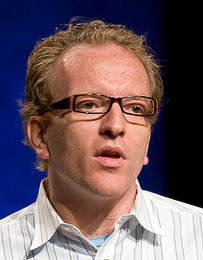
Dirk Hohndel - Intel Corporation
People inside companies associated with open source need to act in ways that are compatible with the community. It often takes an explicit effort for companies to be positive members and contributors in the open source environment. At the same time, it's important that the community understands what companies are doing and where they are going.
Why are we here? (Community Keynote)
Saturday, August 6, 16:35 - 17:05
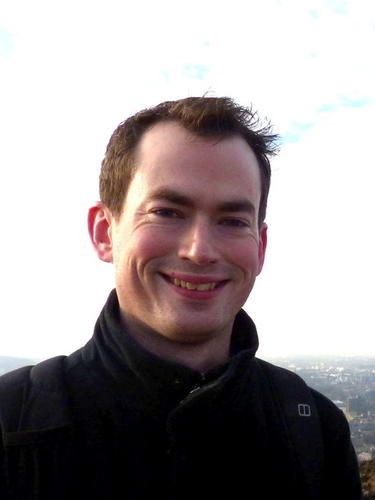
Stuart Jarvis - KDE
Why are we here? ...[open source] contributors may answer in many different ways, but common answers include the words "freedom" and "fun". We know, individually, why we do what we do. What we sometimes lack is a coherent story that we can present to the outside world and use as a guide for our own efforts.
UI Design in a Cloud of Diverse Devices
Sunday, August 7, 11:20-11:50
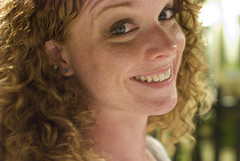
Claire Rowland - Fjord London
An exploration in designing for cross-platform and cloud experiences. The axis of user experience has shifted away from the desktop toward services delivered through multiple platforms of widely differing form factors and the cloud. What does this mean for what users expect from their devices? What does effective design, across platforms and the cloud, look like?
This talk is not about detailed device usability, but about what makes a usable service. It also addresses what users increasingly care about the most,and what this means for Operating Systems.
GNOME Shell: Iteration's what you need (Community Keynote
Saturday, August 6, 16:10 - 16:40
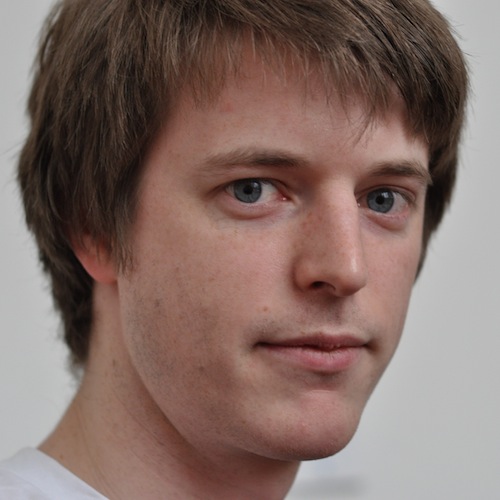
Nick Richards - GNOME
...this is just the start, how do we make it better? What are the best bits? What needs to be changed? Who should we listen to?
The Complexity of Everyday Technology
Monday, August 8, 11:20-11:50
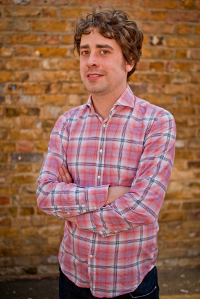
Thomas Thwaite - Independent Designer/Technologist
In an increasingly complex world, the best solutions come from looking at problems from a range of perspectives--technology, science, economics, politics, details/abstractions, mythologies, beliefs and trends. We are left to wonder how technology will change our lives in the future, and how we need others to get even simple products.




















